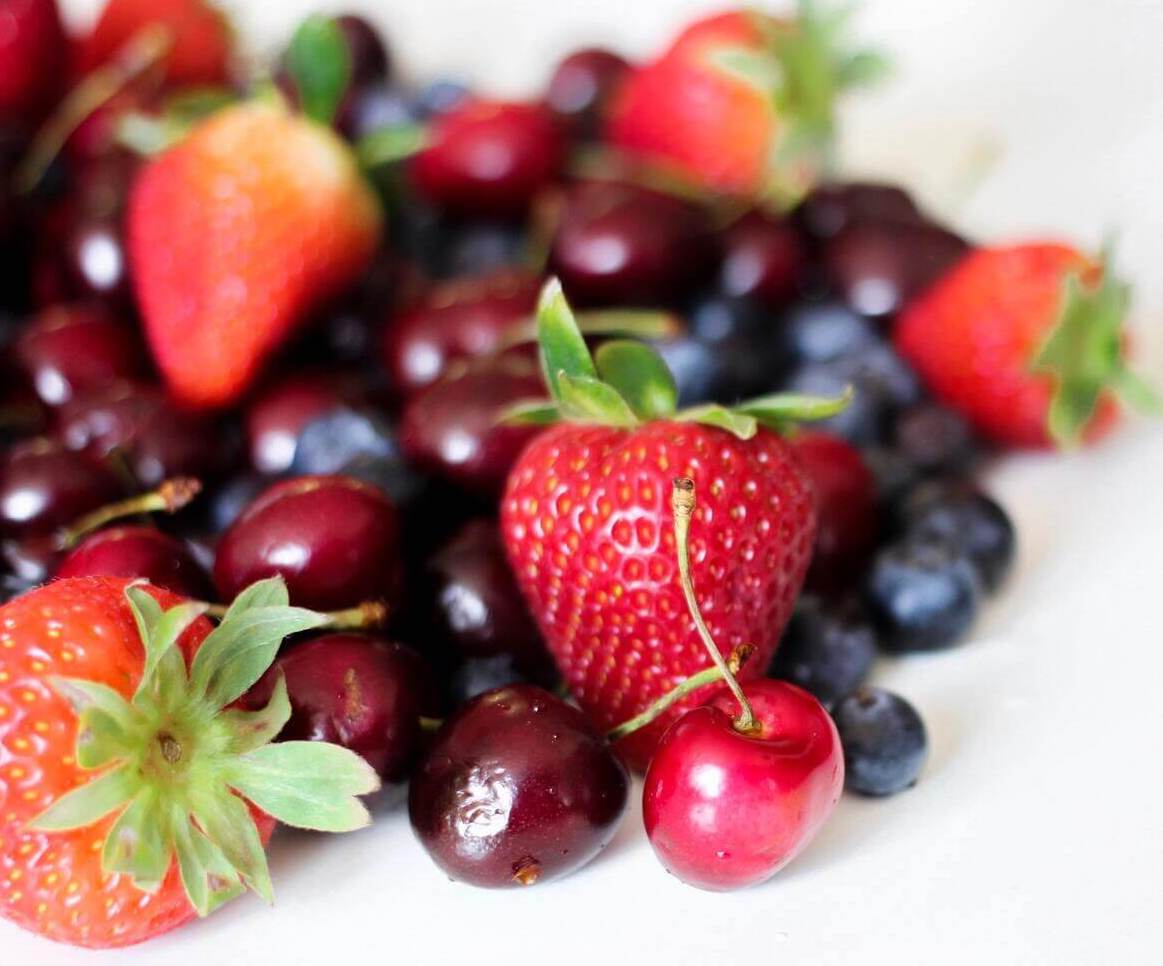LDL, also known as "bad" cholesterol, while not harmful in itself, can contribute to the build-up of plaque in the arteries, which can increase the risk of heart disease. It's important to keep LDL cholesterol levels in check, but there's no need to be scared about it. Some meals include fats that are harmful to your cholesterol and should be avoided by everyone (not just by those watching their cholesterol levels).
The American Heart Association recommended that everyone limit their consumption of trans and saturated fats. Fried foods, processed meals including partly hydrogenated oils, and processed meats such as bacon are examples. These fats boost LDL cholesterol, or "bad" cholesterol, and contribute to plaque development in the arteries.
There are many natural ways to lower LDL cholesterol and improve overall health and well-being. In this guide, we will explore various strategies for decreasing LDL cholesterol naturally, from lifestyle changes such as diet to exercise, and other methods. By implementing these methods, you can help improve your cholesterol levels, and also improve your overall health and well-being in a safe and natural way.
Cholesterol Types
You've probably heard the phrase "cholesterol" before, and you're not alone if it makes you feel a bit perplexed..
To begin, let's define it: cholesterol is a fat-like component in our blood that our bodies use to help manufacture hormones, generate vitamin D, digest food, and other functions. Too much cholesterol in our blood may cause plaque development and constriction of our blood vessels, which can lead to heart disease since it has a fat-like and waxy feel.
There are two forms of cholesterol: low-density lipoproteins (LDLs) and high-density lipoproteins (HDLs) (HDLs). Because LDLs are more prone to collect in our blood arteries, they are sometimes referred to as "bad" or "lousy" cholesterol. HDLs are known as the "good cholesterol" or "useful" cholesterol because they collect excess cholesterol in the blood, including LDLs, and transport it to the liver to be broken down and expelled.
Fortunately, we can improve our cholesterol levels by changing our diet. And, contrary to popular belief, consuming cholesterol-containing foods such as eggs and butter has no direct effect on our blood cholesterol. It turns out that consuming too much-added sugars, processed carbohydrates, and trans fats raises our cholesterol levels. There are meals that can help decrease your "bad" (LDL) cholesterol and foods that can help increase your "good" (HDL) cholesterol. Examine the list below to see how you might add more to your everyday diet.
How to decrease ldl cholesterol naturally?
Learn how to lower LDL cholesterol naturally with these various methods for decreasing LDL cholesterol in a safe and effective way.
Avoid dairy products
When taken in excess, full-fat dairy products are high-cholesterol food that may also lead to higher LDL levels. It's crucial to remember, however, that not all full-fat dairy is unhealthy for you. In fact, several research have connected full-fat yogurt or yogurt drinks to decrease LDL levels. So, why does dairy have a negative reputation in terms of dietary cholesterol?
Many full-fat dairy products are also highly processed and include additional chemicals that might contribute to elevated LDL cholesterol levels and poor cardiovascular health. Instead of avoiding all dairy products to control your cholesterol, consider eating them in moderation and avoiding those that are harmful to your health.

Berries
Increasing your fiber intake is an excellent strategy to lower your cholesterol, and berries are among the highest-fiber fruits available.
The combination of antioxidants and fiber found in berries such as raspberries and blueberries helps to lower LDL cholesterol while raising the ratio of HDL cholesterol. Berries are also a tasty way to increase your fruit consumption. For a sweet taste boost, stir them into a yogurt parfait or smoothie, or top a salad with them.
Olive oil
For good reason, olive oil is a cornerstone of the Mediterranean diet. It contains oleic acid, an anti-inflammatory substance that may help improve HDL cholesterol levels and lessen the risk of heart disease.
According to research, the chemical elenolide contained in olive oils, particularly high-quality olive oils, helps reduce hypertension and decreases the risk of heart disease and stroke. Olive oil may be used in cooking, salad dressings, spreading over foods, and dipping bread in.
Avoid snacks
We all like a handful of salty potato chips or a few nibbles of flaky pastry every now and again. When these items become a regular part of your diet, however, you put yourself at risk for elevated cholesterol levels.
High-saturated fat foods are often heavily processed and laced with extra salt or sugar. These meals often have little to no nutritional value and may raise your LDL levels to harmful levels.

Eat fruits and vegetables
According to the Centers for Disease Control and Prevention (CDC), just 10% of American adults consume the daily recommended quantity of fruits and vegetables. Consuming enough fresh fruit may lower your risk of chronic illnesses and help keep your cholesterol levels under control. Trying to consume as many various colors of fruit as possible each day might assist you in meeting your health objectives.
Whole grains
Whole grains are another effective tool in the fight against high cholesterol. Whole grains, as opposed to processed grains, are completely intact. This indicates they have bran, germ, and endosperm, which aid in nutrition retention. Whole grains are also high in fiber and carbs, which provide energy.
Oats, barley, and buckwheat are some of the healthiest whole-grain alternatives you may incorporate into your diet. You might try adding whole grains to your diet by substituting them for white flour, rice, and pasta.
In summary, high levels of LDL cholesterol are one of the risk factors for heart disease. Fortunately, by eating a diet low in animal products and high in fresh vegetables, whole grains, and healthy fats, you may minimize your LDL intake and help keep your heart healthy.
















